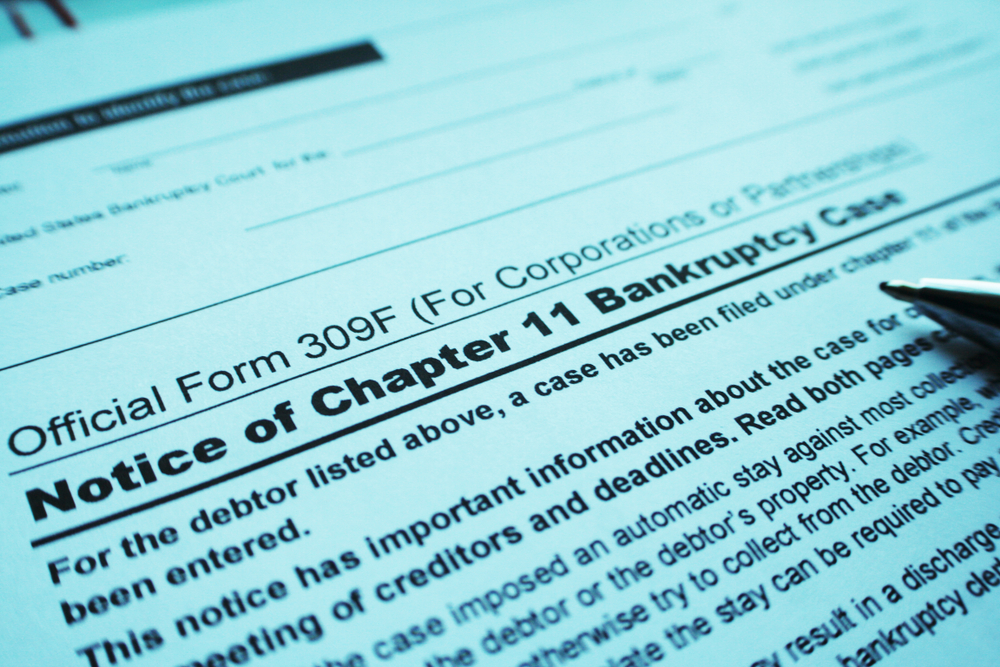Many institutions such as the Church of Jesus Christ of Latter-day Saints (The LDS or ‘Mormon’ Church), the Catholic Church, universities, youth organizations, and private schools rely on insurance to cover legal claims.
Insurance policies typically cover liabilities like negligence, bodily injury, and abuse claims, depending on the policy specifics. Insurers negotiate settlements, approve payouts, and may delay or decline claims if they perceive risks or policy exclusions.
Do Insurance Companies Cover Sexual Assault Claims?
Standard general liability policies may exclude coverage for intentional acts like sexual assault or abuse. Over the years, some insurers have added explicit sexual misconduct exclusions. When institutions face mounting claims, whether insurers must pay depends on policy terms, the presence of exclusions, and the timing when a policy was issued.
Recent Conflicts Between Insurers and Institutions
Arguably the most publicized bankruptcy in recent years is the Boy Scouts of America (BSA). Insurers have repeatedly fought payment obligations tied to the BSA’s $2.46 billion bankruptcy plan. A Third Circuit panel recently issued a divided decision addressing insurers’ objections, and reporting indicates the settlement trust is litigating against dozens of non-settling insurers while approved claims already exceed initial funding.
More examples include:
A federal judge in Salt Lake City ruled against The Church of Jesus Christ of Latter‑day Saints in a lawsuit against its insurers seeking reimbursement for sexual abuse settlements, meaning the church must bear more of the financial burden. “They were aware of it but they just kept covering up and never did anything about it,” said one plaintiff in the West Virginia case.
U.S. Bankruptcy Judge Michelle Harner allowed survivors of sexual abuse within the Baltimore Archdiocese to continue speaking at status conferences in the church’s Chapter 11 case after insurers, including Century Indemnity, objected that such testimony could sway the court. Harner wrote that allowing survivors to address the court in a non-evidentiary setting posed no greater risk of bias than similar opportunities for other parties.
In the Diocese of Trenton, New Jersey, church officials sued their liability insurers for “failure and refusal” to agree on sharing costs of hundreds of sexual abuse claims.
In Albany, a federal bankruptcy judge lifted a stay to allow child sexual abuse trials against the Diocese to proceed. Attorneys for hundreds of alleged victims argue insurers stalled mediation. “The only thing that settles cases with insurance companies and wrongdoers … is trials, heat,” said a plaintiffs’ attorney, underscoring how insurer reluctance can delay resolution.
What Happens if Insurers Refuse to Pay?
If insurers refuse coverage, survivors may find the institution has fewer resources to settle. That can force each survivor to file individually, prolonging their path to justice, as seen in bankruptcy cases where stalled mediation compels plaintiffs back into court.
What Happens When Institutions File for Bankruptcy?
When claims accumulate and insurers balk, institutions may file for Chapter 11 bankruptcy. As of early 2025, approximately 40 Catholic dioceses and three religious orders have sought bankruptcy protection; fifteen have emerged having settled with survivors and insurers. In 2024, Vermont’s Diocese of Burlington filed for bankruptcy over more than 30 new abuse lawsuits on top of 67 earlier settlements totaling $34 million. Bankruptcy consolidates claims into a structured process that can limit payouts, delay outcomes, and strip survivors of individual legal leverage.
How Bankruptcy Impacts Survivors
Bankruptcy creates a uniform claims process but may result in reduced compensation per survivor. Legal costs often erode the settlement pool, and transparency suffers. Survivors may lose the opportunity to confront institutions publicly and tell their stories.
Insurance fights and bankruptcy proceedings can make the road to resolution feel long and frustrating. Survivors often see institutions and their insurers use every procedural tool available to limit payouts or slow cases. That reality can’t be ignored. But it also isn’t the whole story.
Coming forward puts pressure on both the institution and its insurers. Each new claim strengthens the collective case for accountability, increases the likelihood of negotiated settlements, and adds weight to survivor voices in court. History shows that even when insurers resist, persistence and strong legal representation have led to meaningful compensation, public acknowledgment, and policy changes to protect others.
While bankruptcy may reduce some survivors’ leverage, it also creates an opportunity to gather hundreds or even thousands of voices into a single proceeding. This collective action makes it more difficult for those in power to dismiss the harm. Every claim filed is a step toward recognition, justice, and reform. Survivors who take that step are not only advocating for themselves, but also helping ensure future generations face a safer world.
Why Survivors Need A Specialized Attorney
An attorney specializing in institutional sexual abuse cases knows how to interpret complex insurance policies, challenge exclusions, and hold insurers and institutions accountable. They can ensure survivors’ voices are heard in negotiations or court, even when insurers resist. In stalled litigation or bankruptcies, experienced attorneys can push cases forward strategically and advocate for fair settlement terms.
Survivors deserve more than procedural settlements. If you are a survivor of sexual abuse, you deserve acknowledgement, validation, and justice. Legal guidance can help you understand your rights, navigate complex insurance and bankruptcy hurdles, and reclaim your life. Knowledge is power and justice is possible.
